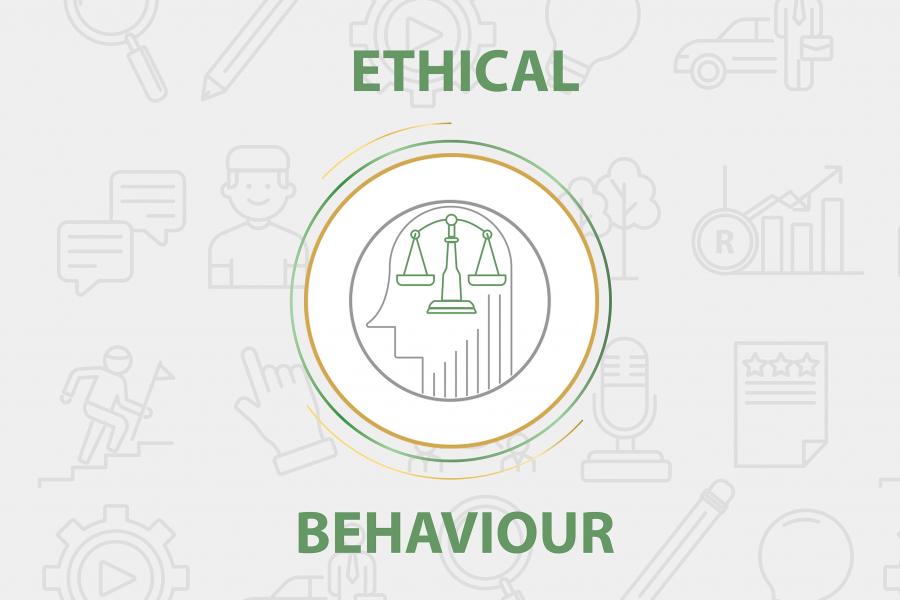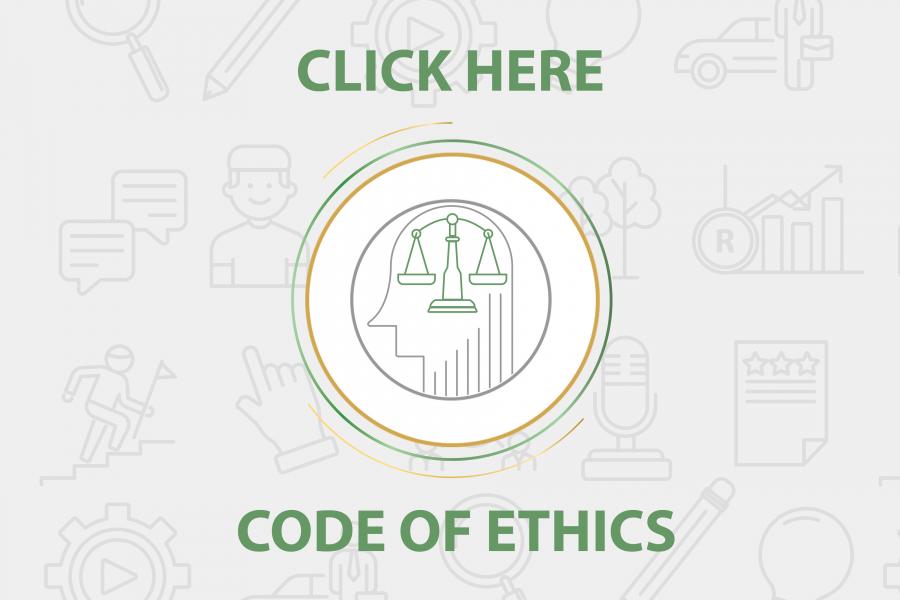 Ethical BehaviourOverview
Ethical BehaviourOverview
Ethical standards guide the conduct of career development practitioners and serve to develop quality career services. Most professions are guided by an ethical code by which the conduct of their members is regulated.
Ethical Behaviour Overview
How can Career Development Practitioners (CDPs) comply with standard ethical guidelines?
- Adhere to the ethical codes and standards relevant to the profession as specified by the appropriate professional body;
- Examine and become au fait with current legislative regulations relating to assessments, counselling, and protection of personal information;
- Demonstrate ethical decision-making practices and apply ethical standards in day-to-day behaviour when dealing with clients;
- Act in accordance with standard legal and ethical principles regarding confidentiality and disclosure of information;
- Abide by the legal and ethical principles and practices regarding reproducing copyrighted materials and use of psychological assessment instruments;
- Examine and become au fait with ethical issues regarding telephonic, email, and chatroom communication, advice, guidance, and information sharing;
- Study and become au fait with ethical issues regarding facilitating individual career information and guidance sessions;
- Study and become au fait with ethical issues regarding group career information and guidance sessions;
- Seek supervision and professional consultations effectively when faced with issues that fall outside of one’s sphere of competence;
- Abide by legal and professional credentialing and ethical standards regarding the protection and use of assessment outcomes; and
- Become and remain up to date on current ethical and legal issues with regard to the use of computer-assisted career information and guidance systems.
Case Study
Code of Ethics for Career Development Practitioners (Code)
Competency Framework for Career Development Practitioners in South Africa (Framework)
Professional Designations
Legislative Framework
- has been scientifically shown to be valid and reliable,
- can be applied fairly to employees,
- is not biased to any employee or group.’
Assessment and Testing
Social Media Platforms
- provide a written social media policy and/or email policy that clients can sign,
- have separate personal and work social media accounts, and
- use privacy settings on all accounts.
Computer-assisted career information and guidance and education systems
Consequences of Unethical Behaviour
Ethical Responsibility to Clients
- respect the human worth and dignity of every person to whom services are being rendered,
- accept that individuals have a right to make their own choices and to take responsibility for those choices,
- provide equal opportunities without prejudice to persons of different educational backgrounds, gender, race, ethnicity, disability, or religion, and to avoid all forms of discrimination, and
- not harass or judge a client in any way.
- A CDP has been subpoenaed or ordered by a court of law to disclose information,
- The client involved is at risk of harming themselves or others,
- A CDP intends to explore a case with a fellow professional and has received consent or assent from the client.
Shared under a Creative Commons Attribution-NonCommercial-ShareAlike 2.0 South Africa (CC BY-NC-SA 2.0 ZA)
This means you can share and adapt this work but not for commercial purposes. You will only need to include the following reference to the original content in all shared works.
Kindly attribute as follows:
Beukes, C. J., Mahadave, K., & Kanhai, K. (2022). Professional Development Portfolio for Career Development Practitioners (1st ed.). CC BY-NC-SA 2.0 ZA, https://creativecommons.org/licenses/by-nc-sa/2.0/za
Authors
![]() Karuna Mahadave
Karuna Mahadave
![]() Christopher John Beukes
Christopher John Beukes

You can earn 3.00 CPD point/s by completing and passing the self-assessment questionnaire for this article.
3.00

